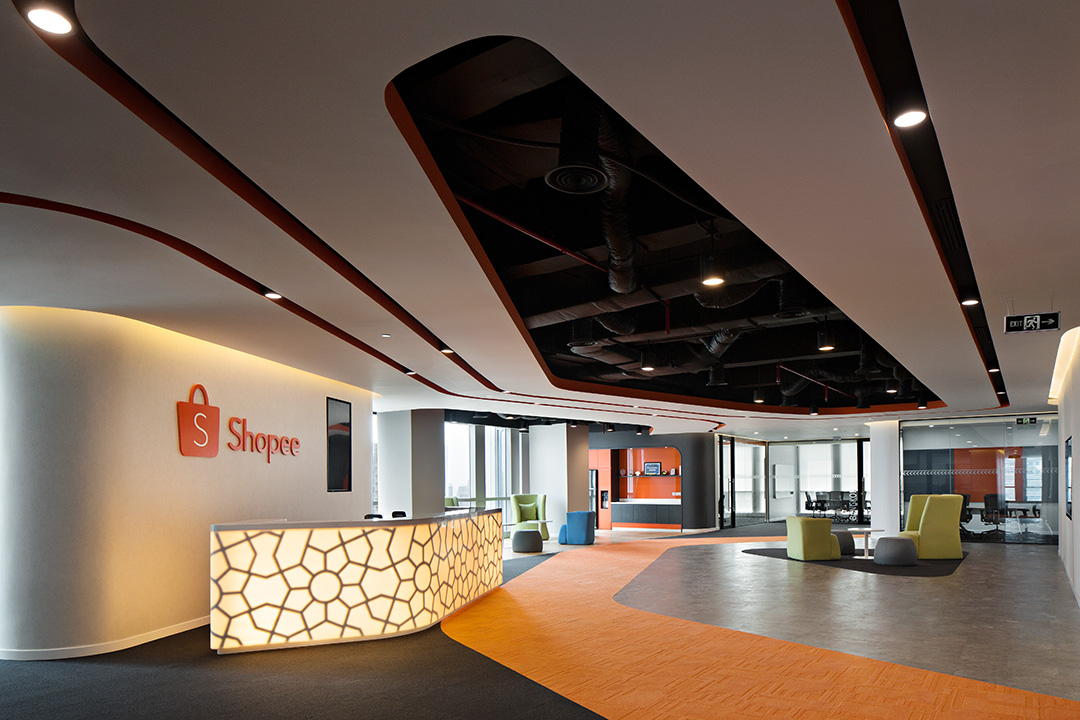The introduction of a new e-commerce order fee by major platforms such as Tokopedia and Shopee has ignited discussions among sellers, consumers, and industry associations. Starting from August 2025, both platforms implemented a fee of Rp1,250 for every transaction, a move they claim is necessary to maintain operational efficiency and invest in better digital infrastructure.
However, this policy has raised concerns among small business owners and frequent online shoppers, many of whom fear it will reduce transaction volumes and increase operational costs for sellers. The Indonesian E-commerce Association (idEA) has stepped in, offering clarification on the reasoning behind this controversial change while also acknowledging the concerns from various stakeholders.
Why E-commerce Order Fee Is Being Introduced
The concept of an e-commerce order fee is not entirely new. Similar charges have been introduced in other markets as platforms try to balance user-friendly pricing with high operational expenses. In Indonesia, where online shopping continues to thrive, logistics costs, digital payment infrastructure, and customer service support require significant investment.
Platforms like Tokopedia and Shopee face mounting costs from order processing, digital marketing, and improving AI-driven search algorithms to personalize user experience. According to internal industry analysis, platforms handle millions of transactions daily, and even a small fee can collectively generate significant funds to enhance technology infrastructure and reduce operational bottlenecks.
For instance, the platforms have argued that this Rp1,250 per order will help them improve delivery speed and offer better fraud protection features. This aligns with trends in the global e-commerce space where platforms have introduced micro-fees to offset high-tech investments such as cloud computing and AI-driven logistics planning.
Impact On Sellers And Consumers
The new e-commerce order fee inevitably impacts both sellers and consumers. Sellers, especially micro and small enterprises, worry that these charges might reduce their price competitiveness. Even though Rp1,250 may seem small per transaction, sellers operating on thin profit margins consider it an additional cost burden.
From the consumer perspective, the overall shopping experience is likely to be affected by higher transaction costs. For regular online shoppers who make multiple purchases weekly, these fees can quickly add up. For example, a consumer making 20 orders in a month would see an extra Rp25,000 in charges, equivalent to the price of an additional small item or shipping cost.
There is also a psychological element at play. Many Indonesian consumers have grown accustomed to free or highly subsidized services, especially during the rapid e-commerce expansion era in the last five years. The shift toward cost-sharing between platform, seller, and buyer represents a significant change in customer expectations.
Industry experts suggest that while the e-commerce order fee might initially face backlash, customers will eventually adapt if platforms improve service quality proportionally. Faster deliveries, better product authenticity measures, and improved return policies could help offset consumer resistance.
The Role Of The Indonesian E-commerce Association (idEA)
The Indonesian E-commerce Association (idEA) plays an important role in mediating this issue. In an official statement, the association acknowledged that operational sustainability is critical for digital platforms. However, it emphasized the importance of transparent communication between platforms and users.
idEA explained that as Indonesia’s e-commerce ecosystem matures, business models will naturally evolve beyond aggressive promotional subsidies toward more sustainable revenue structures. The e-commerce order fee is seen as a small step toward balancing the financial model of platforms, especially as competition remains fierce and operational costs rise due to logistics challenges and cybersecurity investments.
The association also mentioned that platforms are not implementing the fee arbitrarily but after conducting industry-wide benchmarking and consumer behavior studies. These studies suggest that similar micro-fees in other Southeast Asian markets have not significantly affected transaction volumes once customers became familiar with their purpose and benefits.
Future Outlook For Indonesia’s E-commerce Market
Indonesia remains one of the fastest-growing e-commerce markets in Southeast Asia, projected to exceed USD 80 billion in online transactions by 2028, according to data from Google and Temasek’s e-Conomy SEA report. The introduction of the e-commerce order fee is expected to slightly shift consumer behavior in the short term but may also encourage platforms to innovate further in user experience and efficiency.
Some analysts argue that introducing such fees might push sellers to diversify their online presence across multiple platforms, including social commerce and direct-to-consumer websites. Additionally, fintech companies may find opportunities to integrate more cost-efficient payment solutions to mitigate the impact of per-order fees.
For consumers, the evolving business model might mean fewer aggressive discounts but more reliable service. If platforms successfully use the funds collected from the e-commerce order fee to invest in better logistics networks, AI-driven fraud prevention, and improved customer service, the long-term impact could be positive for all stakeholders.
Conclusion
The decision by Tokopedia and Shopee to impose an e-commerce order fee of Rp1,250 has generated significant debate among stakeholders. While sellers and buyers have expressed concerns over additional costs, industry representatives emphasize the importance of sustainable platform operations. As the Indonesian e-commerce market continues to grow, these adjustments may mark a shift toward more balanced and reliable business models.
Whether this fee becomes a permanent fixture or evolves into a dynamic pricing model will depend largely on consumer acceptance and platform innovation in the months to come.
Read More






 Monday, 02-02-26
Monday, 02-02-26







